Share on social

How one tech startup is giving a voice to the voiceless
All of us take certain things for granted. For most of us, the ability to speak is one of them. Imagine if you couldn’t have a simple conversation. Couldn’t share your thoughts and feelings or articulate your needs.
Wednesday 30 October 2019
All of us take certain things for granted. For most of us, the ability to speak is one of them. Imagine if you couldn’t have a simple conversation. Couldn’t share your thoughts and feelings or articulate your needs.
For many who suffer from motor neuron disease, this terrifying thought is an everyday reality. As a speech and language therapist, Rebecca Bright spent much of her previous career helping people who’d been rendered speechless by this condition.
But she found herself and her clients let down by the tech tools on offer. They were clunky, chunky, far from portable. The very opposite of user-friendly. She knew things could, and should, be better. And like many entrepreneurs before her, she took that thought as motivation to actually do something about it.
The result? Therapy Box: a business founded with the aim of creating an app that could help people with motor neuron disease communicate more easily. That app, Predictable, is now available all over the world in 10 different languages. And Therapy Box has since added another 21 assistive apps to its name.
If you’re impressed by what you’ve read so far, you’re certainly not alone. Rebecca’s efforts have brought her company plenty of industry recognition, including the Queen’s Awards for Enterprise Innovation (twice) and a win at Virgin Media Business VOOM: a competition where entrepreneurs pitch their ideas to Richard Branson.
Add to that the OBE she received in 2016, and it’s clear Rebecca is onto something special. Ask her what she’s most proud of, however, and it isn’t the gongs and plaudits. It’s the messages she gets from the people she’s helped.
The apps have been life-changing, they tell her. And so, 10 years after she set out to give a voice to those without one, it’s clear she’s achieving that and a whole lot more. Of course, while a brilliant idea, a huge amount of hard work and a healthy dose of entrepreneurial spirit will get you far in the business world, something else has played an important role in Rebecca’s ability to help people:
Technology.
The technology her apps are built on simply has to work. The entire business relies on it, as do its customers, and the consequences of failure go much deeper than dissatisfaction.
And as comparatively dry as things like connectivity, network reliability and data security might seem in the context of life-changing entrepreneurialism, these technological drivers will increasingly make or break the startup successes of tomorrow.
Wednesday 30 October 2019



 Contact us
Contact us
 Share on social
Share on social Share with a friend
Share with a friend Facebook
Facebook LinkedIn
LinkedIn
 Twitter
Twitter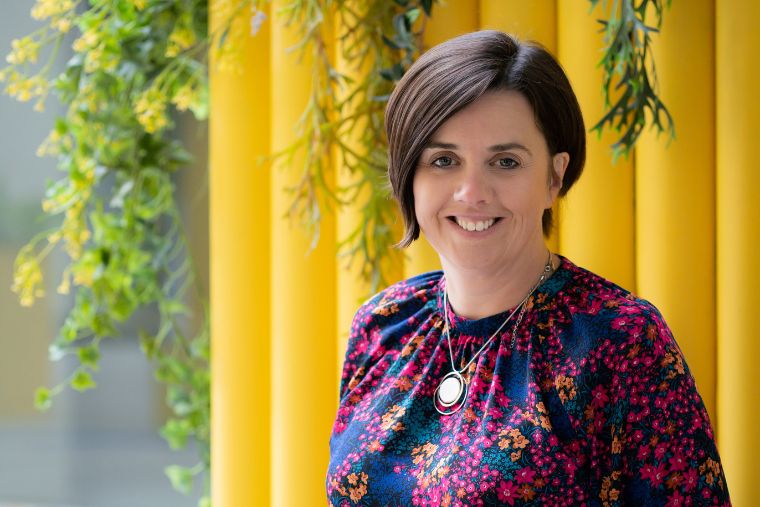

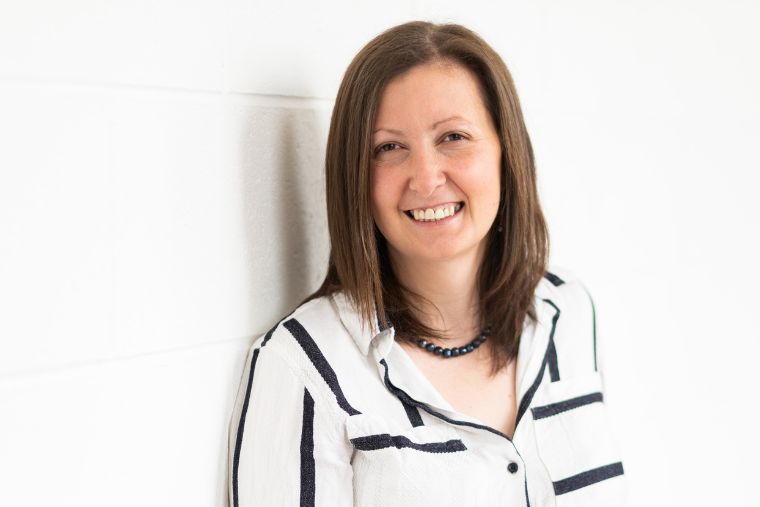
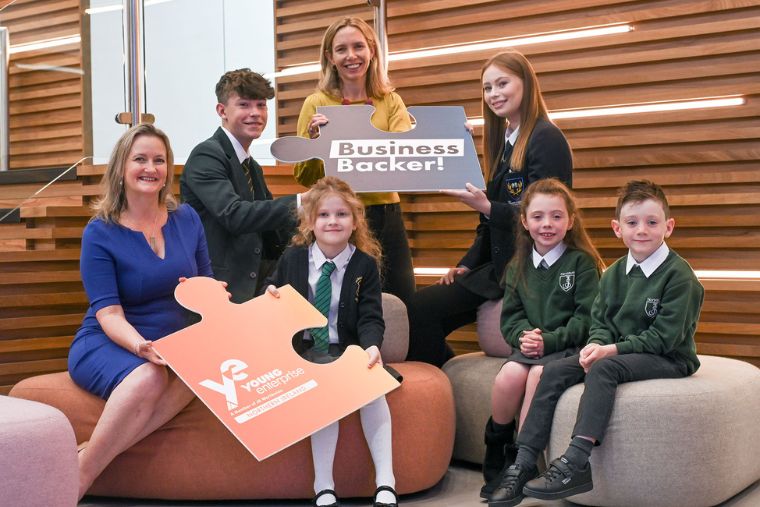
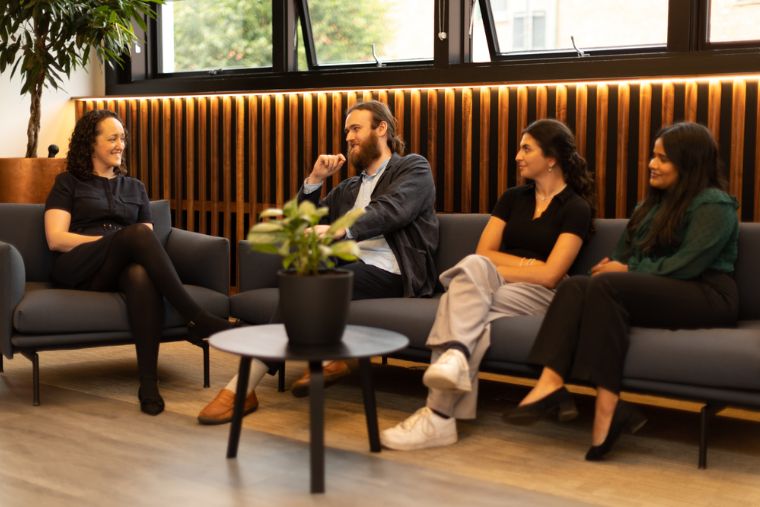
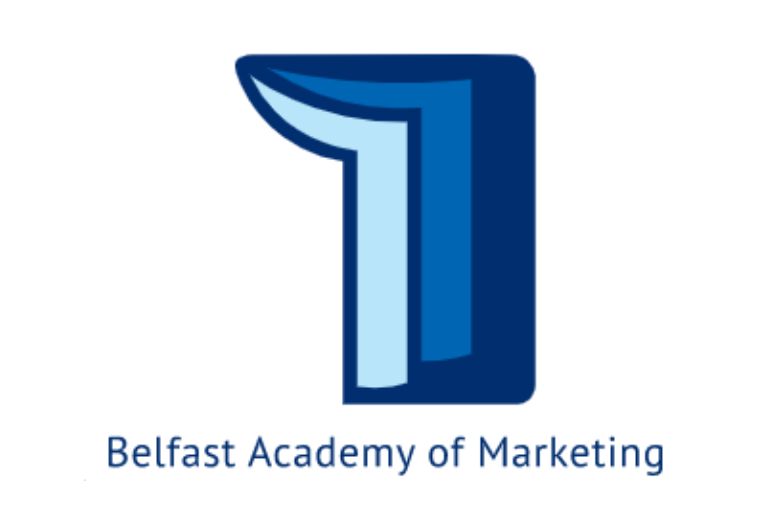
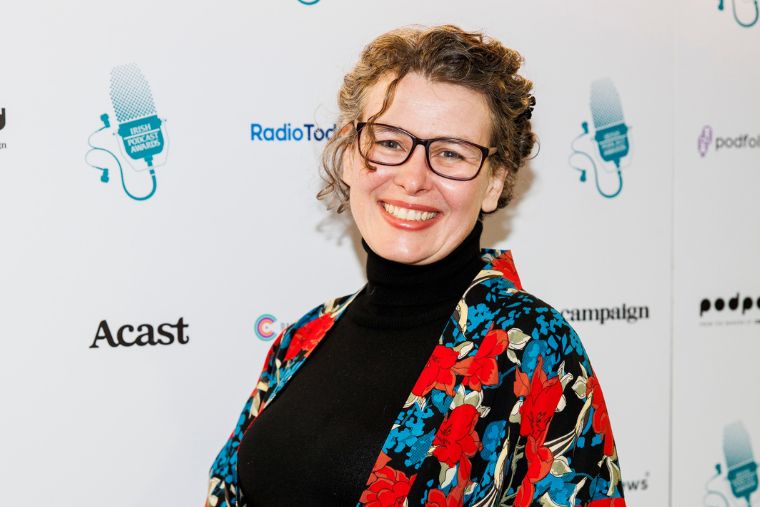
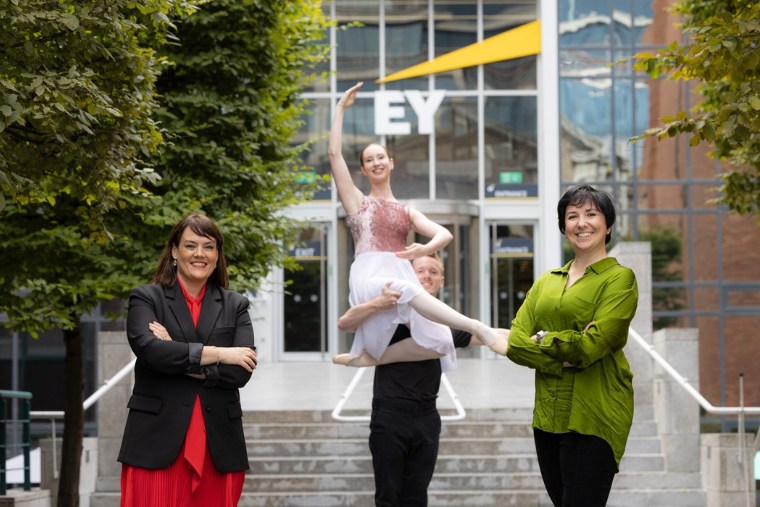
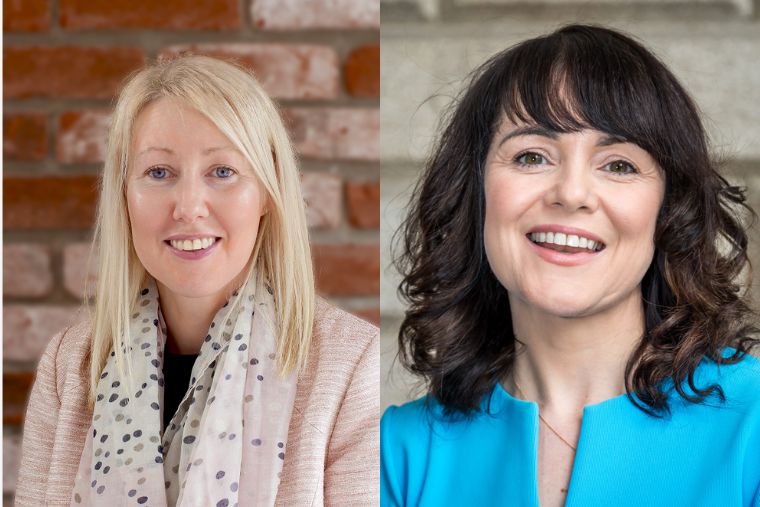
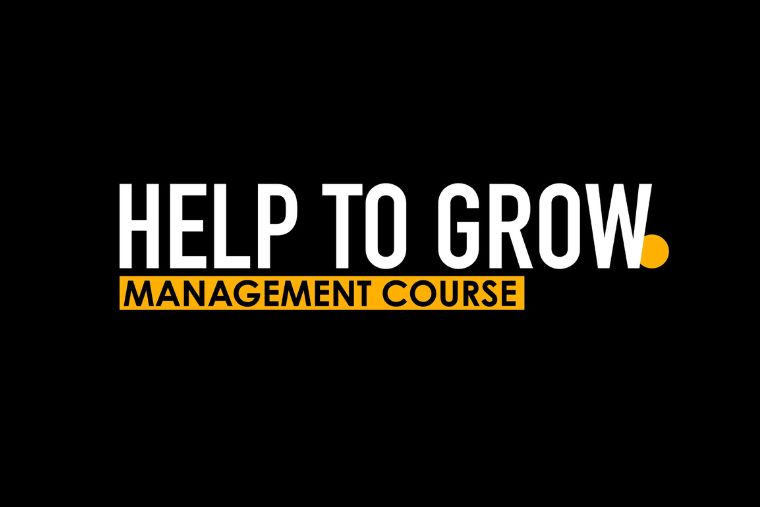
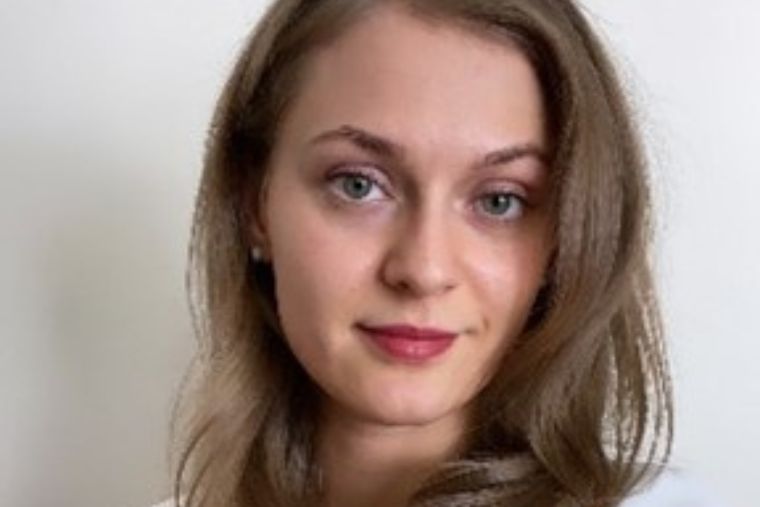


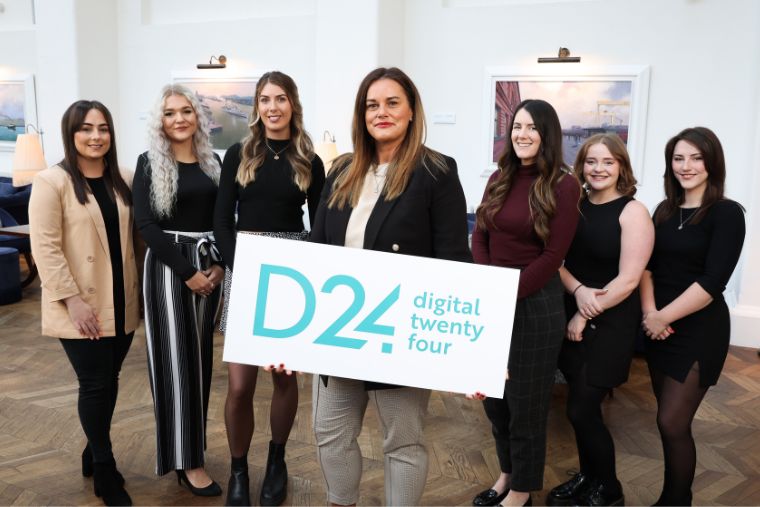
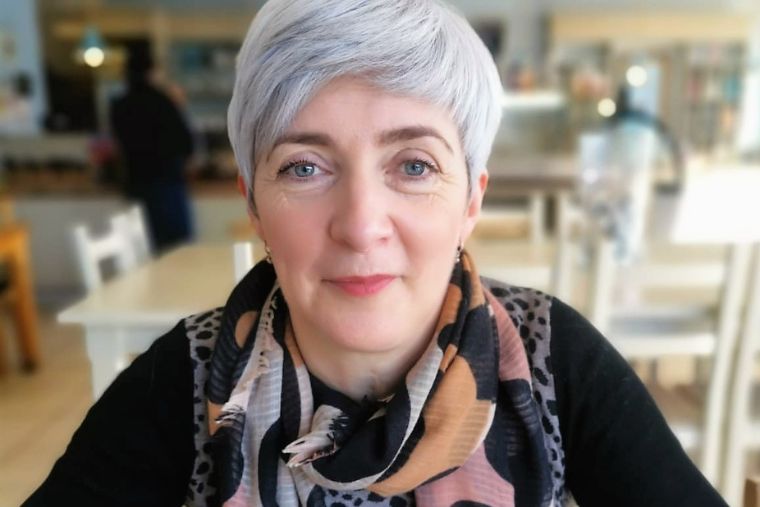
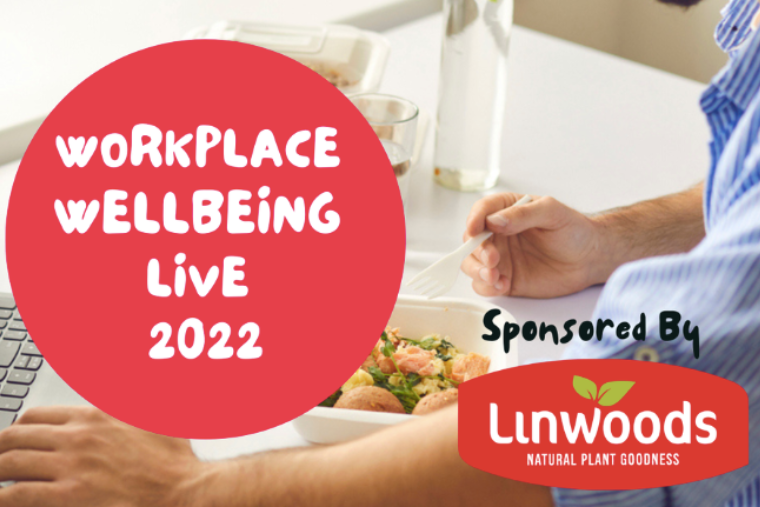
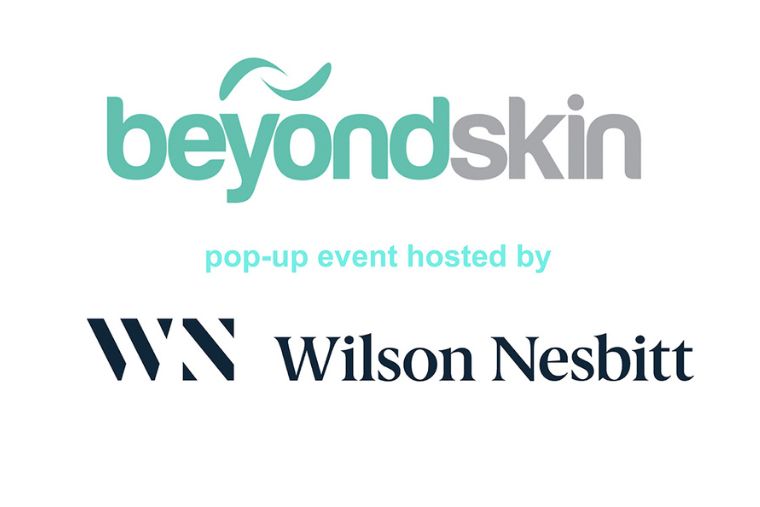
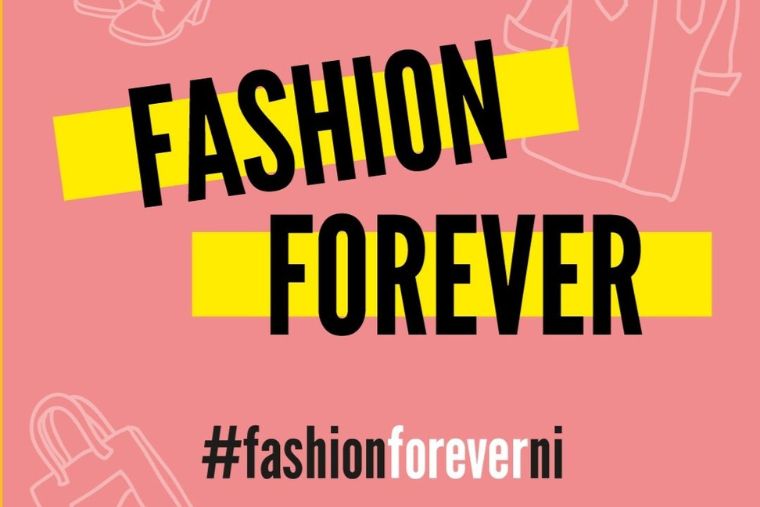


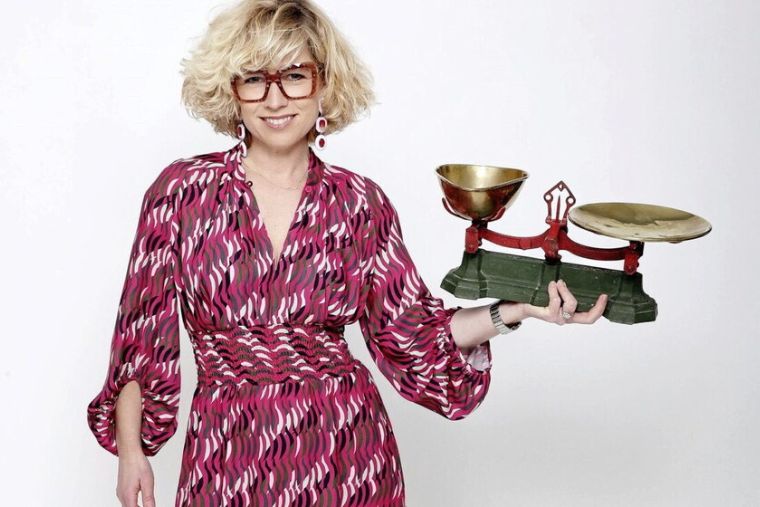
 Get in touch with us
Get in touch with us